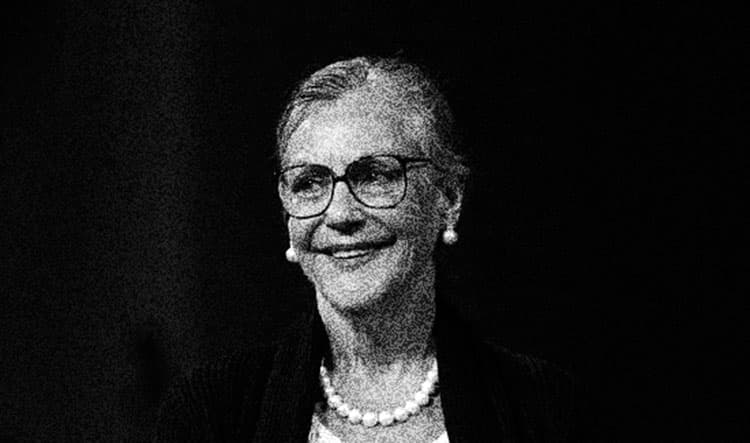World’s Wealthiest People, 2022 (1 May 2022)

As of 1 May 2022, with a net worth of roughly $249 billion, Elon Musk is the wealthiest person in the world, followed by Jeff Bezos(No. 2, $148 billion), Bernard Arnault(No. 3, $136 billion); and Bill Gates(No. 4, $125 billion).
Gautam Adani is the fifth-richest person globally, with $122 billion. Warren Buffett ranked 6th with a personal wealth of $117 billion, followed by Larry Page with $104 billion. Mukesh Ambani is placed 8th with a net worth of $103 billion. Sergey Brin($99.7 billion) occupied the 9th position on the top 10 richest people in the world list, followed by Steve Ballmer(No. 10, $97.6 billion).
- Elon Musk: $249 billion
- Jeff Bezos: $148 billion
- Bernard Arnault: $136 billion
- Bill Gates: $125 billion
- Gautam Adani: $122 billion
- Warren Buffett: $117 billion
- Larry Page: $104 billion
- Mukesh Ambani: $103 billion
- Sergey Brin: $99.7 billion
- Steve Ballmer: $97.6 billion
- Larry Ellison: $92.7 billion
- Mark Zuckerberg: $73.9 billion
- Francoise Bettencourt Meyers: $73.7 billion
- Carlos Slim: $72.5 billion
- Jim Walton: $68.7 billion
- Zhong Shanshan: $68.3 billion
- Rob Walton: $67.8 billion
- Alice Walton: $66.1 billion
- Charles Koch: $60.4 billion
- Julia Flesher Koch & family: $60.4 billion
- Jacqueline Badger Mars: $53.6 billion
- John Mars: $53.6 billion
- Michael Dell: $49.4 billion
- Phil Knight & family: $46.5 billion
- Amancio Ortega: $45.2 billion
Detailed findings & methodology: CEOWORLD magazine put together a panel of experts to go over data points culled from virtually every reputable wealth tracking media outlet, including Bloomberg, The Richest, Money Inc, Cheat Sheet, GOBankingRates, Celebrity Net Worth, Wealthy Gorilla, Forbes, and more. Based on a consensus from these sources, the final decision for ranking was judged editorially. All data is for the most recent period available. Some were not included in the official statistics for various reasons, primarily due to the lack of necessary data. Just remember, these values and fluctuations are estimations based on a host of variables and publicly available documents. The margin of sampling error for the full data sample is plus or minus 1.2 percentage points. In addition to sampling error, one should bear in mind that, as in all survey research, there are possible sources of error—such as coverage, nonresponse, and measurement error——that could affect the results. All figures in US dollars.
Bring the best of the CEOWORLD magazine's global journalism to audiences in the United States and around the world. - Add CEOWORLD magazine to your Google News feed.
Follow CEOWORLD magazine headlines on: Google News, LinkedIn, Twitter, and Facebook.
Copyright 2025 The CEOWORLD magazine. All rights reserved. This material (and any extract from it) must not be copied, redistributed or placed on any website, without CEOWORLD magazine' prior written consent. For media queries, please contact: info@ceoworld.biz








